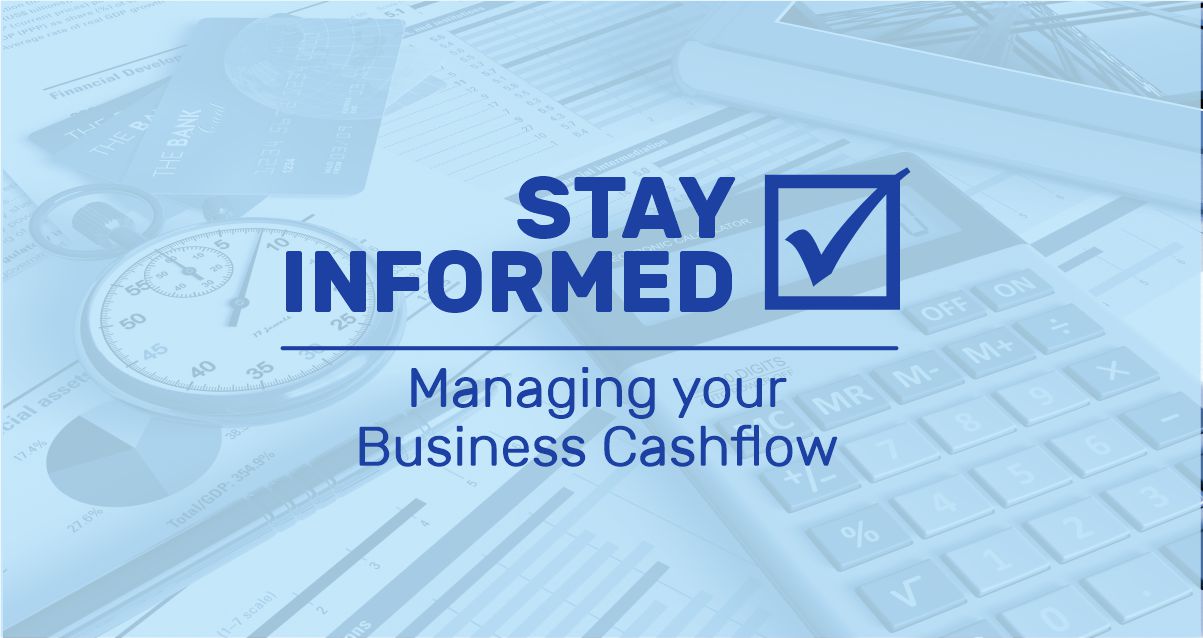This product is no longer available.
For the current product go to UK Government Backed Loans
It’s a statement of the obvious, but at the death its not about turnover or profit, businesses fail when they just run out of cash. Don’t get me wrong, a sustainable business needs to trade at a profit, but at the end of the day its not rocket science, a business can trade until it runs out of cash.
Entering the current crisis most businesses will need to protect their cash position while as far as possible keeping all stakeholders on side. Taking as much help as possible, from as many sources from the outset is key. Funds that aren’t paid away in the first place don’t have to be replaced. Also bear in mind that while Government support is available (see below) it’s probably not going to materialise until mid May.
Here are some general good practices as we head into a downturn:-
- Keep the Bank informed at all times, keep submission of MI if required up to date – provide a commentary. The MI is probably already a month or so out of date so comment on the following month and the immediate future. Facilities are less likely to be reduced or withdrawn if the Bank knows what is going on.
- Seek a suspension of all loan and finance repayments from all Lenders, so far we’ve heard that requests are getting a fair hearing and most lenders are being helpful.
- Prepare a rolling 17-week cash flow forecast and update it whenever anything changes
- Make full use of all Grants, and payment deferment schemes for example
- Deferred VAT and Income Tax Payments
- Support for sick pay to employees
- The specific support for retail, hospitality, nursery and leisure businesses that pay business rates
- The support for businesses that pay little business rates
- The Tax “Time to Pay” option
- The Job Retention Scheme
- Look to collect Debtors where possible – accept that larger businesses will be better place to pay than small ones. Where overdues arise seek to agree a payment plan so at least some cash is coming in, monitor promised payments and chase consistently.
- Consider what is due to suppliers, perhaps landlords (especially if Local Authority), likewise it may be possible to defer/reduce payments for utilities. Be mindful that some smaller creditors could be really hurting and do what you can to help, but larger suppliers may well be in a position to flex terms – propose a payment plan.
- Examine fixed costs line by line to reduce outgoings wherever possible
When agreements are made ensure there is documentary evidence – just to avoid misunderstandings and to help prevent a change of heart.
While all the above preserves the cash be mindful that where payments are deferred the time will come when creditors will need to be brought up to date so be mindful to record all arrangements and incorporate them in the cash flow forecast.
Having agreed special arrangements its important to honor them to maintain goodwill and confidence.
Finally if it looks like a crisis is inevitable and you need to approach the Bank for support, give as much notice as possible, the problem is unlikely to go away, share the burden. Make sure you go to the Bank with a full information pack (including up to date Management Information and forecasts) and not least a proposal.



